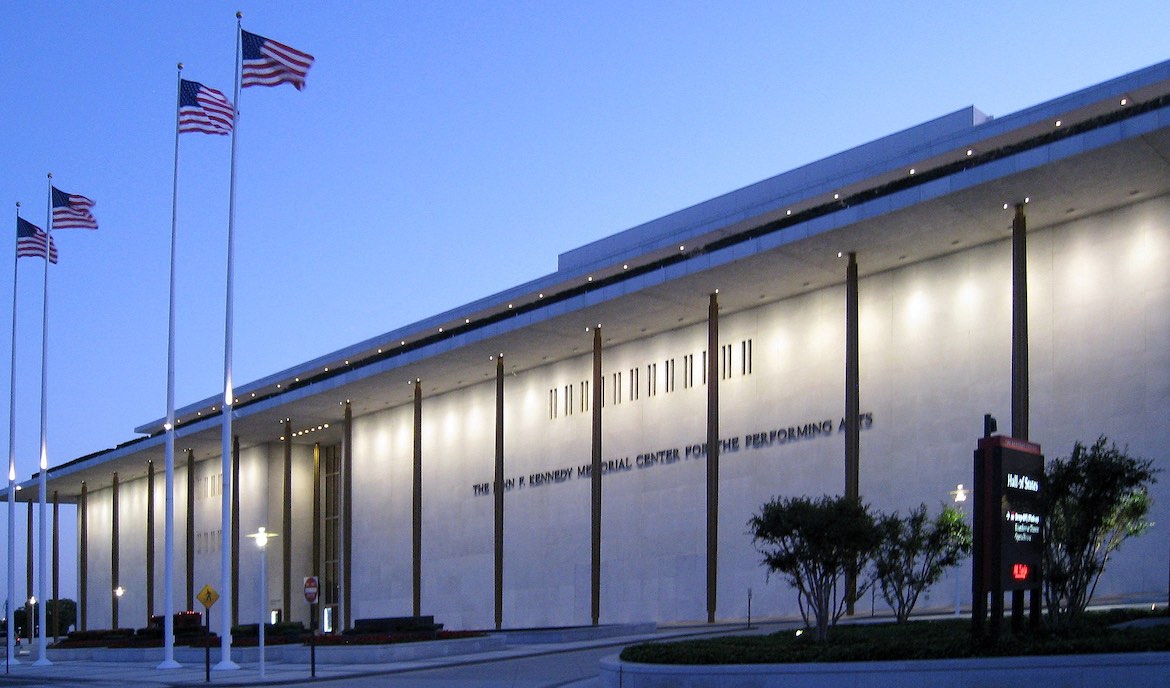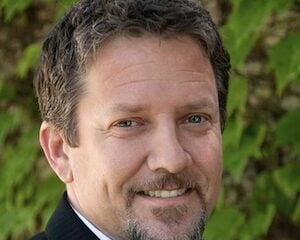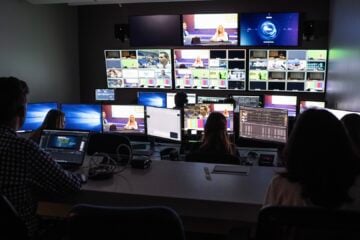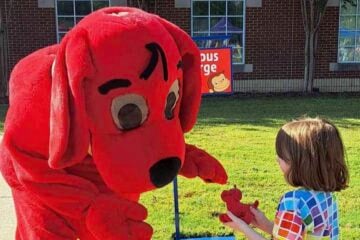New PBS series spotlights diversity of performing arts at Kennedy Center

Mack Male / WikiMedia Commons
Through a new partnership with PBS, the Kennedy Center in Washington, D.C., aims to show the country what a broad spectrum of arts cross its stages.
Next at the Kennedy Center, premiering on PBS Friday, will feature a variety of performance genres and artists during its planned three-year, 15-episode run. Each installment will spotlight the cultural and artistic legacies of groundbreaking performers by combining a recorded performance with an exploration of who the artists are, how they influenced others and how they fit into their times.
In the first episode, the only one available for screening, viewers learn about Charles Mingus, the jazz bassist, composer and bandleader.
Let My Children Hear Mingus showcases a performance of the 14-piece Mingus Big Band with Charles McPherson playing a solo on “Peggy’s Blue Skylight.” In interviews woven into the episode, musicians who played with Mingus recall him as a demanding and fearless visionary.
“He insisted on you giving 110 percent while playing his music,” said McPherson, who worked with Mingus for 14 years.
Referring to Mingus’ complex piece protesting Orval Faubus, the segregationist governor of Arkansas, flutist James Newton said, “When Mingus wrote ‘Fables of Faubus,’ he was putting his life on the line.”
“The programs are not simple concerts,” said Matthew L. Winer, the center’s senior director of broadcast media and special programs and the series’ EP. “They are all contextualized with the importance and impact beyond just what is on the stage.”

Singer-songwriter Joni Mitchell will be featured in the second episode, scheduled to air Nov. 15. Episodes on the Roots and Ballet Hispánico’s Doña Perón are in the pipeline for next year.
The Kennedy Center is producing all 15 shows on its own, rather than working with a PBS member station, and no government grants are involved. The series is partially supported by a grant from The Rosalind P. Walter Foundation.
PBS, which also has been working to bring more diversity to its programming, has been developing this collaboration for a long time, according to President Paula Kerger.
Kerger estimated that she began talking with Kennedy Center President Deborah Rutter about five years ago, she said. The center is known for its annual specials for recipients of its honors for lifetime contributions to the performing arts and the Twain Prize for American humor, she said.
“Neither … are really representative of what the Kennedy Center does on a daily or weekly basis,” Kerger said. “They’re right in our backyard, and they have an amazing array of content.”
PBS Chief Programmer Sylvia Bugg worked with Rutter and her team on the collaboration, Kerger said, and the PBS Foundation provided seed funding to help make it happen. PBS unveiled the series in July during the virtual Television Critics Association summer press tour.
“As we emerge from this COVID period, we are all looking for ways to show the vitality of the arts,” Kerger said in an email. The Kennedy Center recently marked its 50th anniversary, “and it just felt like the moment to reinforce the importance of the performing arts,” she said.
‘Take the next step’
Launch of the PBS series marks a shift for the Kennedy Center. Its digital media and content creation infrastructure has been primarily focused on getting content out through YouTube, according to Winer.
“We have digital stage programs and all sorts of content creation mechanisms; it’s been very focused on digital,” he said. “But within that, we set up the infrastructure to take the next step and create broadcast media programs. We created an internal production house to essentially take what’s on our stage and turn it into shows for PBS.”
In addition to placing artists in their social and historical context, Next at the Kennedy Center aims to demonstrate how inclusive the center’s offerings are.
“People have this sense that is a daunting place that only has symphony, opera, classical arts — that, you know, either ‘I’m not welcome to or it,’ only reaches a very small population,” Winer said. “In reality, we have been doing incredible work for many years.”

It’s a matter of getting that message out, as Simone Eccleston, the center’s director of hip-hop culture and contemporary music, well knows. She’s thrilled that the Roots, who have a residency at the center, will be featured in the third episode, which is likely to air in January.
“When we think about the great American art forms and cultures that have been birthed here, hip-hop is one of them,” Eccleston said. “And when we think about our programmatic mission, at least for the hip-hop culture program, it is to celebrate the genius of hip-hop culture and the communities that created it.”
“As we think about Next at the Kennedy Center and representing the plethora of voices that … inform the fabric of who we are and shape what is to come, hip-hop has to be at the table,” she said. “Because it has not only touched every facet of culture but transformed it.”
“Our institutional aspiration is to ensure that we are reflecting the nation in our programming, reflecting the nation in our audiences and reflecting the nation in regards to who has who feels a sense of belonging,” Eccleston said.







